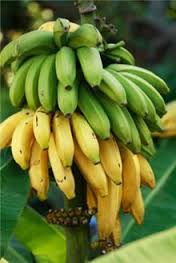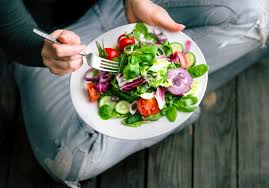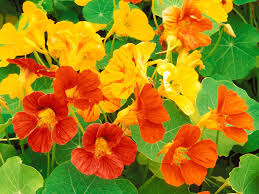If you search the web for information on guavas, you will probably find all sorts of pieces of information, such as:
That guava belongs to the myrtle family, and includes many (approximately 100) species of tropical shrubs and small trees; That some of them have funny names, such as the “apple guava”, “pineapple guava” or “strawberry guava”.
That guavas originate somewhere in the southern area of North America and Central America (a tropical plant, as already mentioned) and the Caribbean islands. It spread from there to other places in the world, such as the Far East (and to the Sinai Peninsula, if it was according to the many guava drinks we used to drink there on the beach, although as far as I know, it is not considered tropical).
That in Brazil it is used to prepare a certain local dessert called “goiabada”, in Mexico it is used to produce an alcoholic beverage (but in Mexico they make alcoholic beverages out of anything that fits in a glass, pretty much) and also candy; That in Hawaii the tree is so widespread that it is considered a weed.
And that it is one of the only trees that can be grown in a pot, and still produce a full sized fruit. All of these are indisputably true. The discussion begins only when you reach a sentence that states clearly, black on screen, that “the guava fruit is edible to humans” because this is where opinions begin to vary and controversy takes off.
There is no fruit that divides between the people like the guava does.
Either you are with it, or you are against it and sway from anything that includes its scent.
The guava opponents are known for their ability to identify the presence of a guava, well after it was present, even if it was eaten over an hour ago, and even if it was tightly wrapped in a bag and placed in a sealed box in the most internal part of the refrigerator.
The strict ones can recognize the scent of a guava as soon as they cross the doorway of the space in which it was found, supposedly. They sniff the air in a way that only the best search dogs wish they could, and declare “I can smell guavas in here” while making sure it does not sound like a compliment.
No odor detector can compete with the nose of a pregnant woman who is sensitive to the smell of guavas. Personally, I'm one of the proponents – always waiting impatiently for Sukkot to come and go and the weather will begin to cool a bit in the evenings (which is a welcome expectation in itself), because then – the guavas will arrive, fresh and fragrant.
They greet me at the entrance to the store with a sweet, autumnal scent and I smile back at them.
If I were allowed to declare which fruits are “superfoods” I would include guava in them without hesitation: it contains not only an abundance of vitamins – A, C, E, vitamins of the B group as well as vitamin K (which is also found in kale and is very important for maintaining balance of the blood clotting. Which do you prefer to snack on?).
It also contains a fair amount of protein – from plant source, so if your diet includes strict protein intake (especially good during growth periods, physical exercise and muscle rehabilitation), you can rely on the guavas.
In addition to these, it also contains manganese, copper, selenium, potassium, calcium, phosphorus and magnesium – a natural multivitamin, straight from the tree, with nutritional fibers (the fiber and much of the vitamins are in the peel, another reason why you should eat organic guavas and avoid the pesticide residue on the peel).
Not only are the fruits of the tree healthy and good for us (as well as delicious!) but also the leaves are used in alternative medicine.
Tea made from guava tree leaves (organic! Do not make tea from leaves covered with pesticides) is recommended for the treatment of constipation and also for balancing sugar levels in people suffering from high levels.
The vitamins and minerals found in the fruit naturally (as well as lycopene) are considered to strengthen the immune system as well as prevent the development of cancer cells. Enjoy it, whileit is here!
Yours,
Maggie's Garden Team
Forecast:
In the ORGANIC vegetable baskets we expect (draft only):
Cucumber
Tomato
Lettuce
Potato
Eggplant
Swiss Chard
Pumpkin
Parsley
Bok Choy
The Large organic vegetable baskets also include:
Sweet potatoe
Spinach
Coriander
In the ORGANIC fruit baskets (NEW – Increased variety, price – 70 Shekels)
Oranges
Grapefruit
Banana
Sweetie
The large ORGANIC fruit baskets also include: ( NEW – Increased variety, price -100 Shekels)
Leomon
Papaya
Pomegranate
The ORGANIC Green Basket:
Swiis Chard
A kind of lettuce
Kale
Dill
Green onion
Sprouts
Spinach











